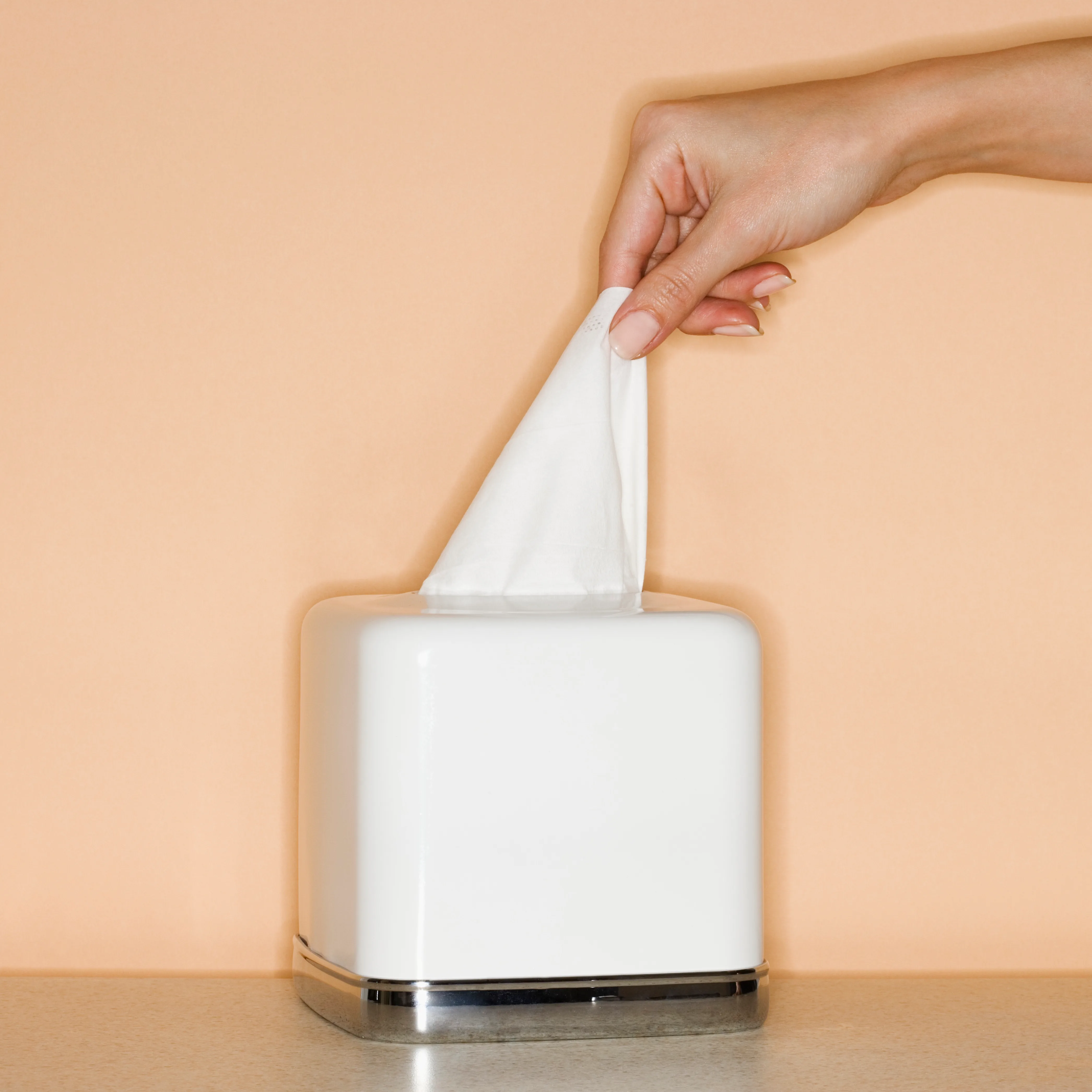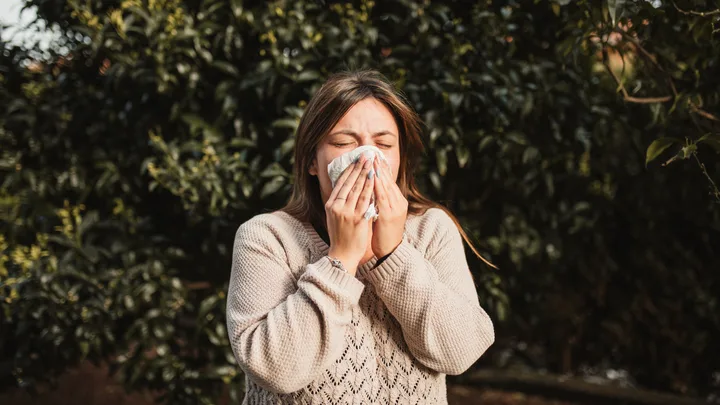So you’ve got the sniffles. Nothing too bad, but common cold and flu symptoms nonetheless. Coughing here and there. You’re a bit wheezy and sneezy, but no one would really notice.
So should you go to work with a cold – even if it is mild?
While some people may feel pressure to show up at work from a financial and managerial ‘pressure’ perspective, turning up for work sick is not a good idea.
What symptoms would require you to stay home from work?
During the first few days of an illness such as the common cold or flu, you may not show any symptoms but this can be when you’re the most contagious.
And, let’s not forget the elephant in the room, COVID-19, which gained a reputation for presenting as asymptomatic or extremely mild.
“Cold and flu symptoms can be very similar to the symptoms of COVID-19. Even if your symptoms are mild, get tested for COVID-19 immediately,” advises Australia’s official health advice website, healthdirect.
So what can you do to beat the common cold and minimise time spent away from work? Take control of your health!

(Credit: Getty Images)
Work from home where possible
If you’re feeling sniffly but still able to function, try working from home.
Often with deadlines and other staff taking annual leave, we can feel immense pressure to continue carrying the workload for our colleagues even if it means working while sick. Unfortunately, this only prolongs the issue and you may find most of the office out sick the following week.
Working from home allows you to rest, monitor your symptoms, and isolate yourself from spreading germs throughout the office.
Take your sick leave
Although this may be an obvious statement, many people can feel the need to accrue leave for what they deem a “real emergency”.
If you find yourself sick, pushing through may just prolong your recovery time, resulting in burnout and most likely more sick leave taken than originally required.
Your paid sick and carers leave is your yearly entitlement, and there to be taken.
Make sure your annual flu vaccine is up to date
Get vaccinated against influenza early, before the flu becomes a problem in the community. According to the Australian Immunisation Register database, only 40 per cent of those eligible were vaccinated against influenza in 2022. Vaccinations are recommended for all people 6 months of age and older. Find out if you’re eligible for a free vaccine here.
Minimise your contact with others
Both colds and flu are very contagious viral infections.
According to healthdirect, “If you have a cold or flu and you sneeze or cough, tiny droplets of fluid containing the virus are launched into the air. These droplets spread about one metre and are suspended in the air for a while so they can be breathed in by someone else who may then become infected.
“These tiny droplets of fluid can also land on surfaces. Anyone who touches these surfaces can catch a cold or flu if they pick up the virus on their hands and then touch their nose or mouth.”

Get plenty of rest
The flu is a viral infection that can cause fever, coughing, fatigue, body aches and pains, headaches, and vomiting in children.
Colds have similar symptoms to the flu. These include a cough, sore throat, blocked or runny nose, and sneezing, but typically no body aches or pains.
Most healthy people recover from a cold or flu within 7-10 days. Visit healthdirect.com.au for info on when to see a doctor.










